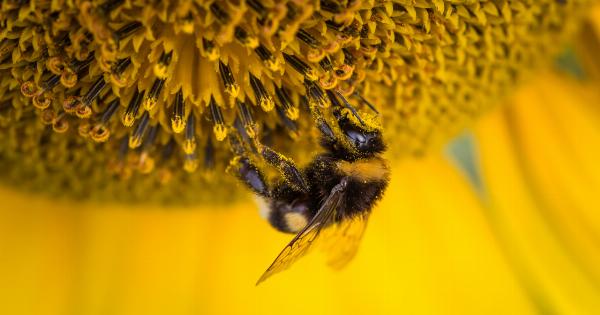Scientists at the University of Edinburgh have raised a flock of mutated sheep that could help fight against Bathen disease, a condition that causes significant financial loss to farmers.
Bathen disease, commonly known as sheep scab, is a contagious skin condition that can spread rapidly among sheep. The disease is caused by Psoroptes ovis, a microscopic parasitic mite that feeds on the skin of the animal. Bathen disease infestation can lead to significant discomfort for the infected sheep and can hamper wool and milk production.
Understanding the Problem
Bathen disease is a significant problem for sheep farmers as it can cause considerable financial loss. The disease can be challenging to detect in the initial stages as there are no visible symptoms.
The only way to confirm the presence of the disease is to conduct laboratory tests. As a result, the disease often spreads quickly among the flock before any action can be taken. Infected sheep often show signs of intense itching and scratch themselves against objects, leading to skin damage.
If left untreated, the disease can lead to secondary infections and other serious health complications.
The Solution: Mutated Sheep
The mutated sheep raised by the scientists at the University of Edinburgh could provide a solution to the Bathen disease problem. The sheep have been genetically modified to produce a protein that is toxic to the Psoroptes ovis mite.
The protein is produced naturally by bacteria found in soil, and it is entirely harmless to the sheep and other animals. By producing the protein in their skin, the sheep become resistant to Bathen disease, and the mites cannot survive on their fleece.
The Benefits
Raising mutated sheep with resistance to Bathen disease will have significant benefits for sheep farmers. The resistant sheep will not require any special treatment or medication to prevent Bathen disease infestation.
The wool and milk production of the sheep will also increase, leading to better financial returns for farmers. Moreover, the resistant sheep would need less medical attention, reducing the cost incurred by farmers. This development could save farmers around £8 million annually in the UK alone.
Challenges
The development of mutated sheep with resistance to Bathen disease was not without challenges. The first issue was the ethical considerations of genetic modification.
However, the scientists emphasized that the modification process did not lead to any harmful effects on the animals. The second challenge was the cost of developing the resistant sheep, which was substantial. However, the long-term benefits to sheep farmers outweigh the initial cost.
The Future
The technology used to develop mutated sheep with resistance to Bathen disease has broader implications in the field of agriculture.
It could lead to the development of other genetically modified crops and animals that are resistant to pests and diseases. It could also help create resilient and sustainable agricultural systems that reduce the need for chemicals and other treatments.
Conclusion
The development of mutated sheep with resistance to Bathen disease is a significant milestone in the fight against the disease. This development has the potential to revolutionize sheep farming and lead to substantial gains for farmers.
It is a sustainable and cost-effective solution that comes at a time when antibiotics and other chemical treatments are losing their efficacy. It also opens the possibility of using genetic modification to create resilient and sustainable agricultural systems that reduce the environmental impact of food production.





























